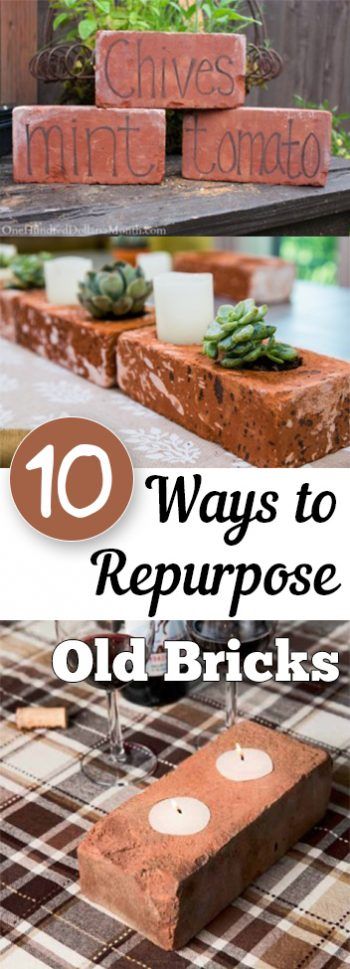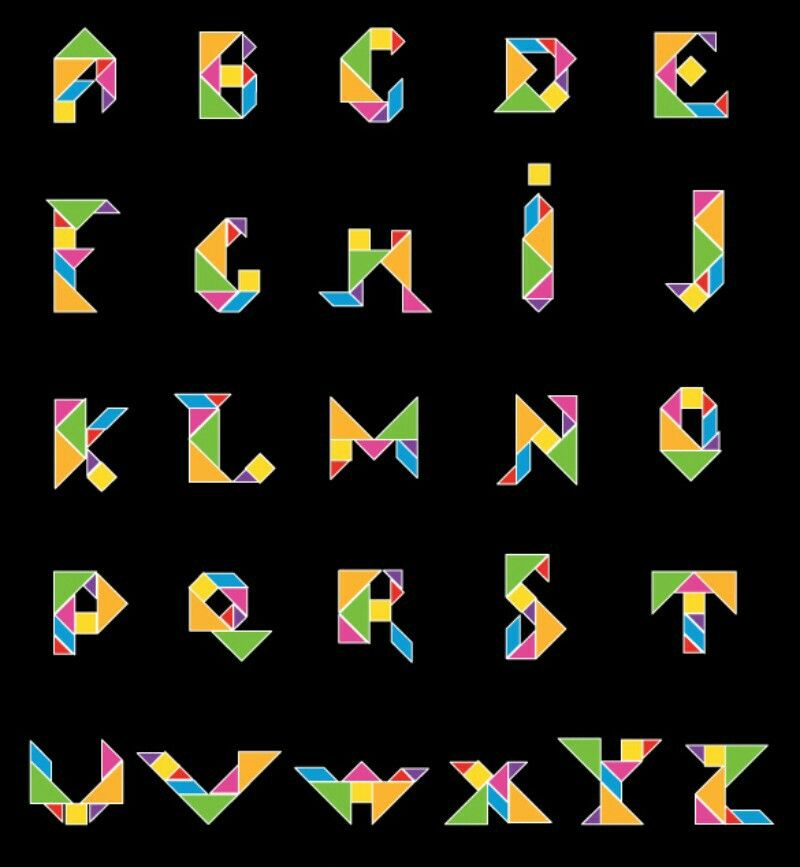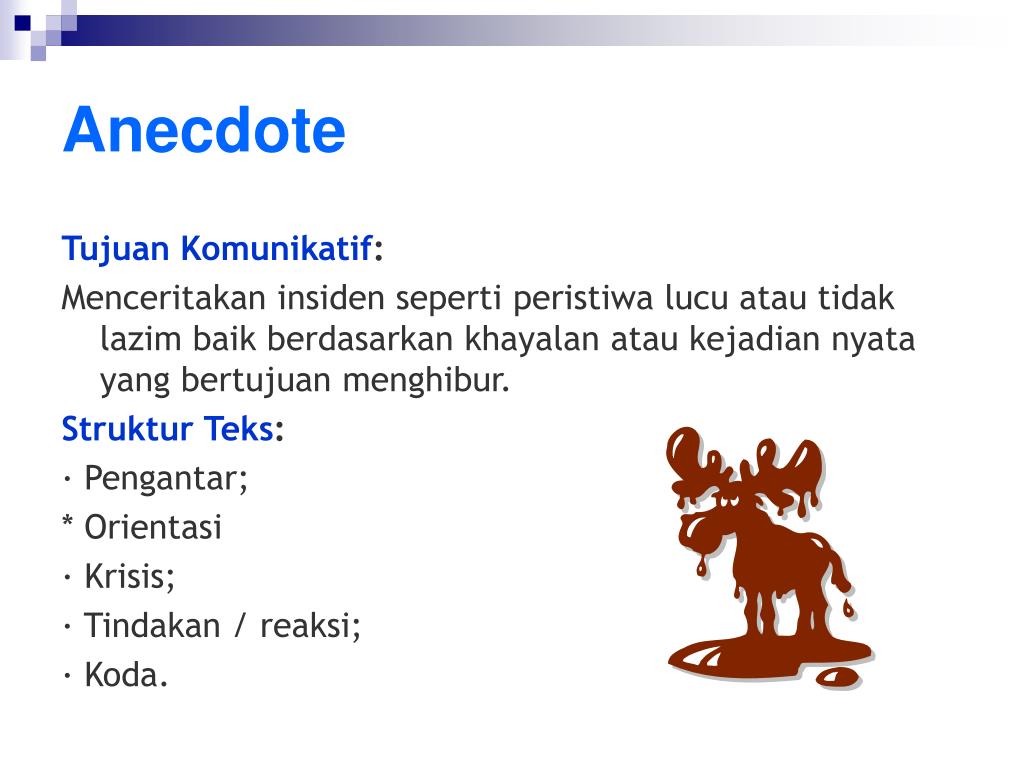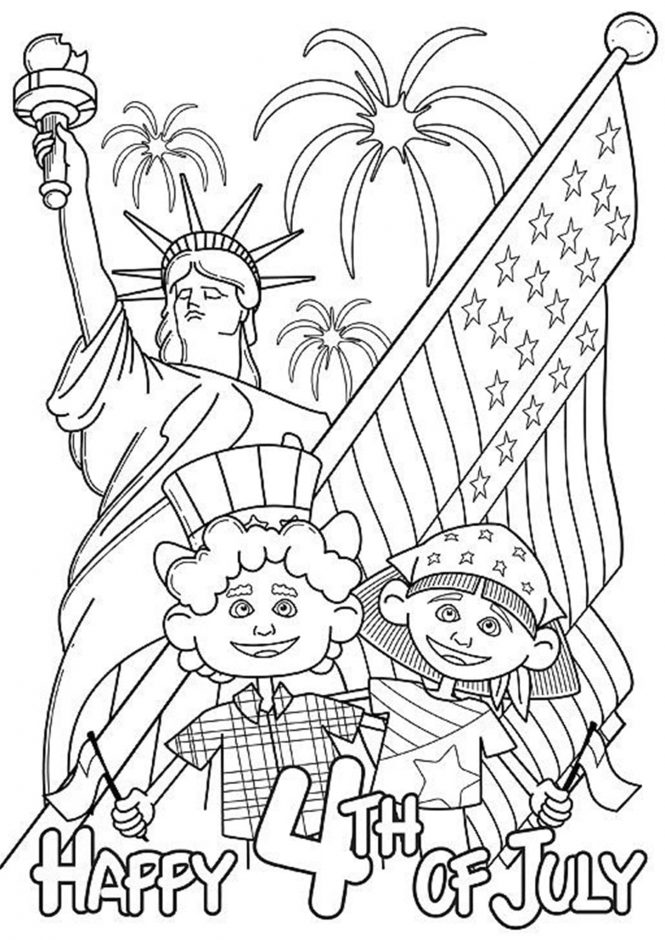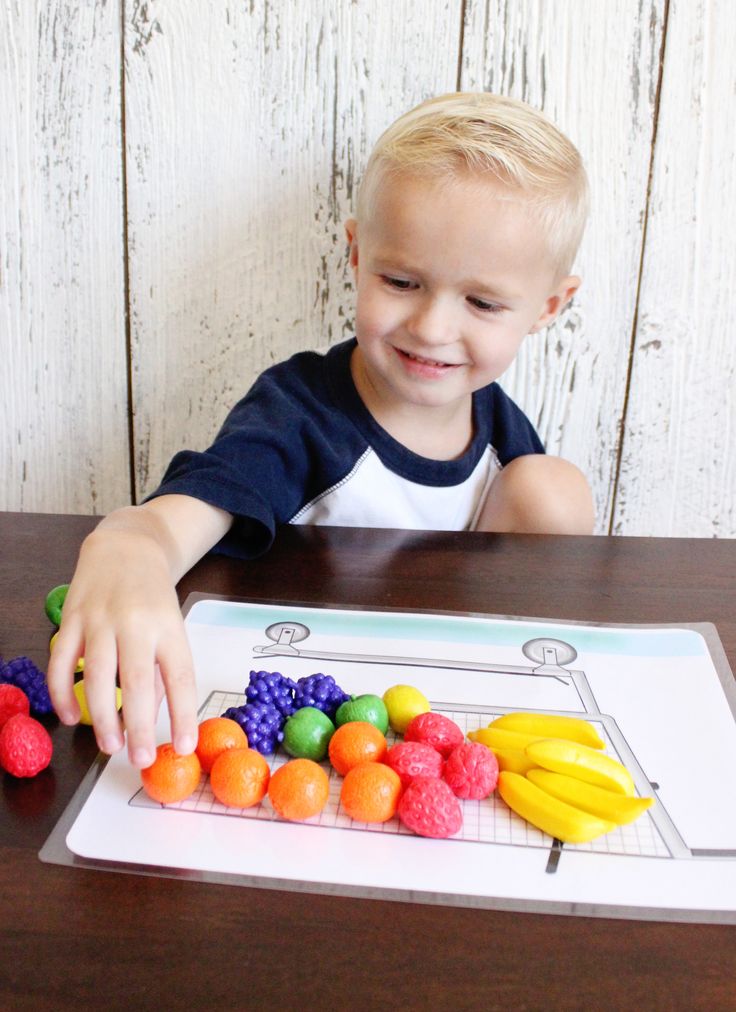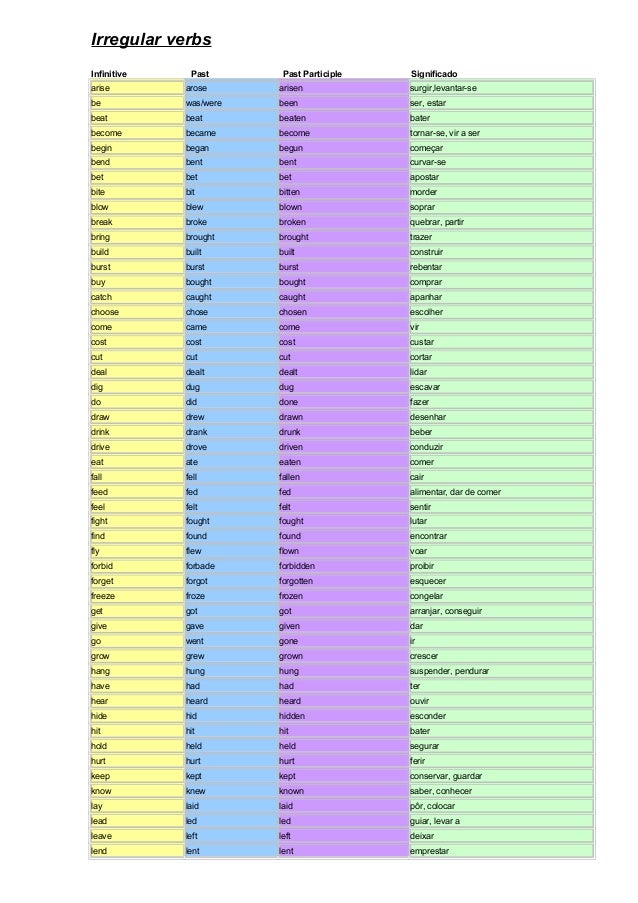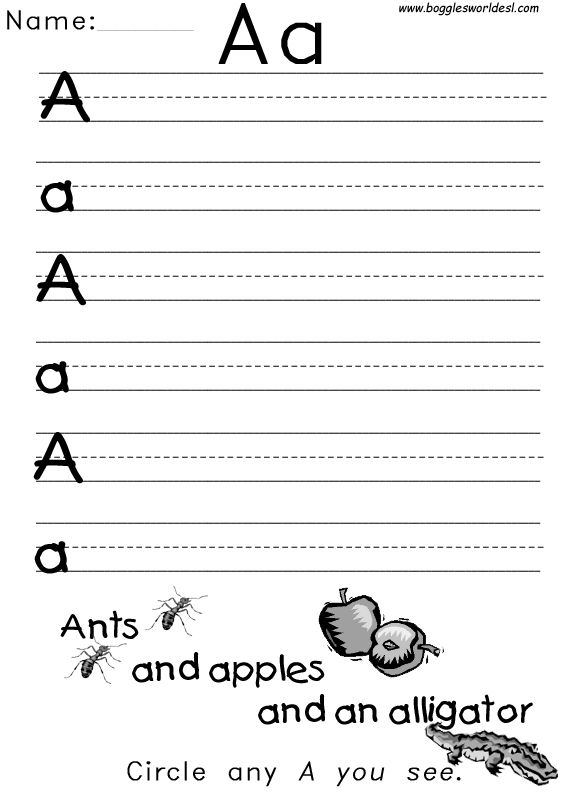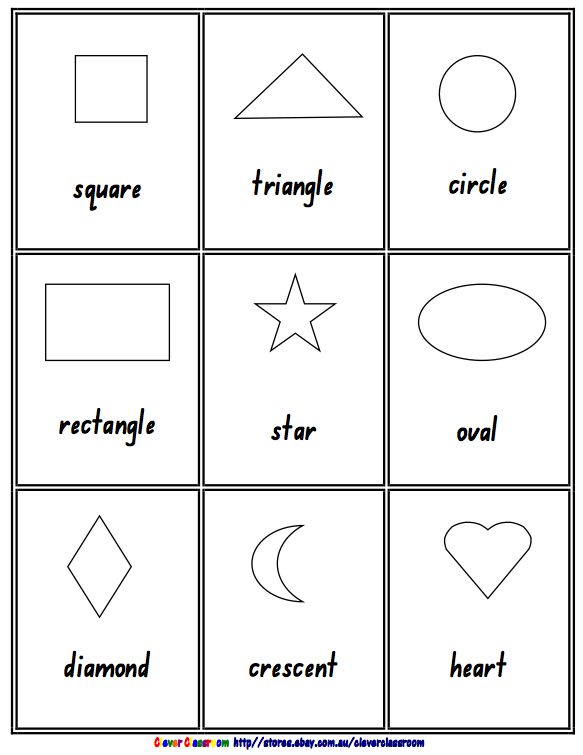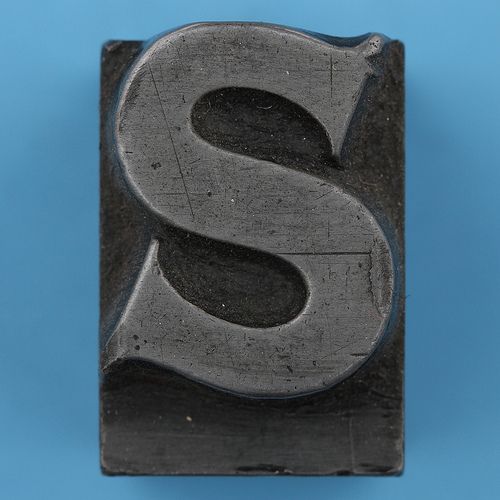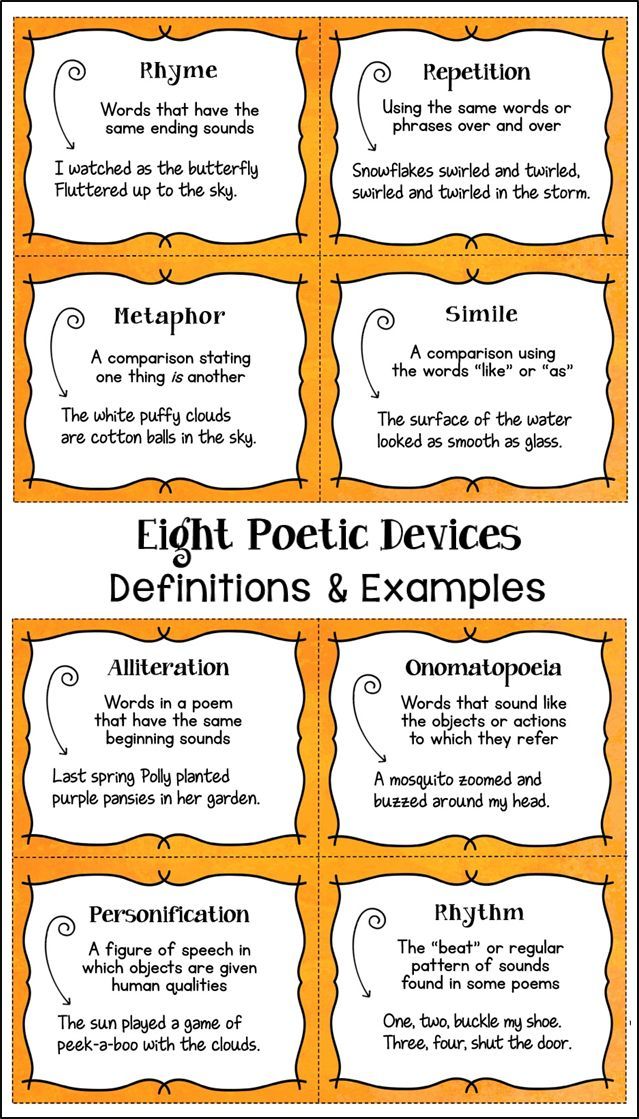Adjectives for kids
A Helpful Guide And List
While introducing your child to various language concepts, you might ask yourself why adjectives for kids are so important.
Words like “beautiful,” “fast,” “happy,” and “messy” are common adjectives your child might already know. But what makes them essential for language development? To answer this question, we must understand what role adjectives play.
Adjectives are words that add flavor to our sentences. They help make sentences more meaningful, they help us express the different qualities of an object or person, and, without them, our speech would be bland and boring.
In fact, adjectives are so important that children start using them from early in their language development (think “that’s good” and “that’s bad” and “I am sad…or happy”) and continue to expand on their understanding of them for years to come.
If you want to help your child make a richer use of adjectives in their talking and later their writing but don’t know where to begin, you’ve come to the right place. Our HOMER learning experts know a thing or two about teaching kids adjectives.
In this comprehensive guide, we’ll take you through all you need to know about adjectives and some of the most effective strategies for helping your child understand them.
What Are Adjectives?
What are some words you would use to describe yourself? Are you tall, short, funny, smart, or fast? These words are all adjectives.
However, adjectives don’t just describe people. They also help us describe animals, objects, and thoughts. In addition, we can express what something feels like to taste, touch, or smell because of adjectives.
By learning these types of words, children can create vivid images of what they are describing and give distinctions and comparisons. This is beneficial for building vocabulary and helping children clearly express their thoughts and feelings.
When Should Kids Learn About Adjectives?
Children’s use of adjectives changes over different stages of their language development.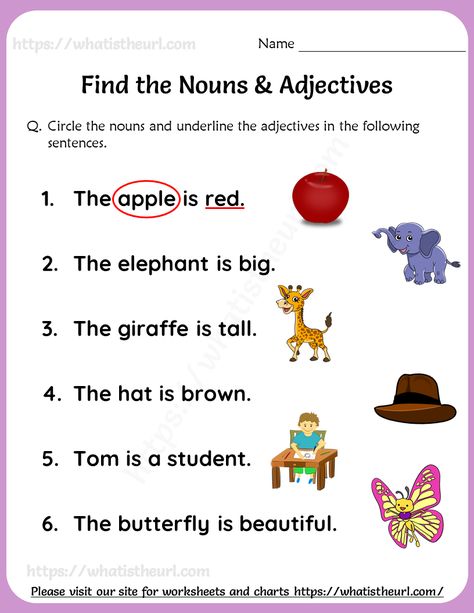 Here’s a closer look at what you can expect during early childhood.
Here’s a closer look at what you can expect during early childhood.
2 – 3 Years
By the time a child reaches the toddler stage, their language skills have developed at an incredible rate. Children at this stage understand simple adjectives, like:
- Small
- Big
- Messy
- Soft
- Sticky
- Tiny
4 – 6 Years
When a child enters preschool and then kindergarten, they will continue developing their vocabulary as they interact with other kids and their teachers and are exposed to more books.
A significant part of their vocabulary will include adjectives. At this stage, children are likely to understand more descriptive adjectives, like:
- Scratchy
- Gentle
- Polite
- Shocking
- Terrified
- Clever
- Damp
- Impossible
- Interesting
It’s important to note that there is no wrong or right time for children to start learning about adjectives.
Since these words form a part of our everyday vocabulary, as your child starts speaking, they will naturally pick up on them and start using them in their own speech.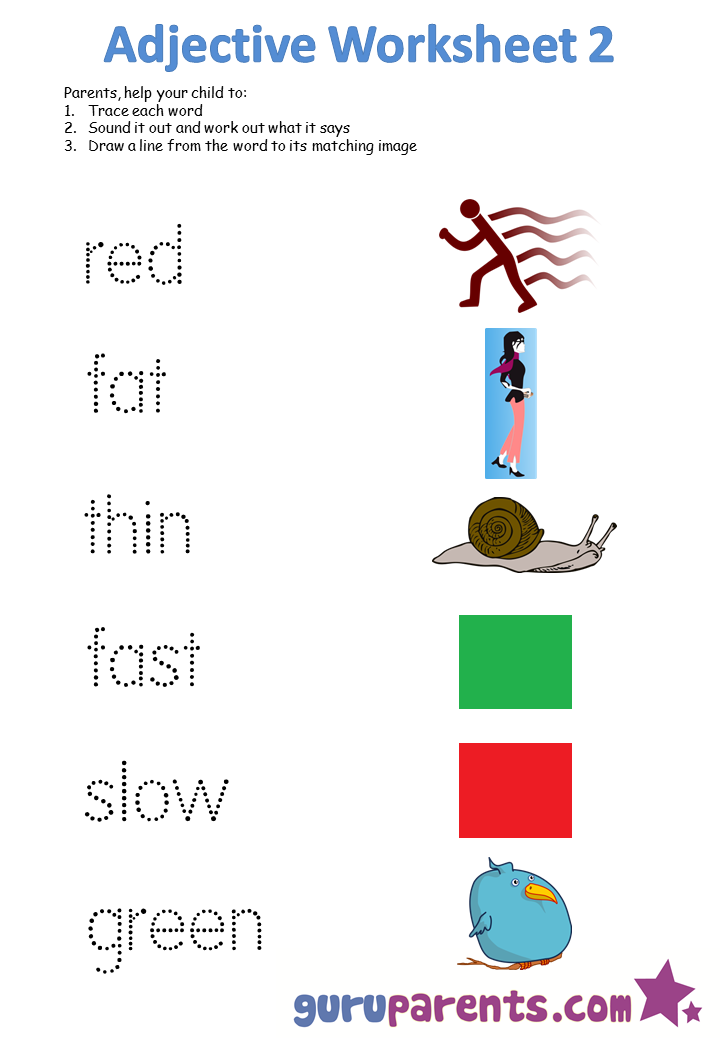
When it comes to adjectives for kids, they may not always understand what each word means. That’s why it’s important to help your child not only know these words but also understand their meanings so they can use them appropriately.
How To Practice Adjectives For Kids
Helping your child improve their understanding of adjectives doesn’t have to be boring! Here are a few fun activities you can try at home.
1) Play Adjectives Charades
This is a fun activity that gets the whole family involved. Simply write adjectives on separate pieces of paper and take turns choosing a piece of paper and acting out the word on it.
If you have very young children, remember to use simple adjectives — weak, strong, nice, mean, angry, etc. And for children who haven’t yet learned how to read, you can read the words for them as needed.
Acting out adjectives is one of the best ways to help your child understand and remember the meaning of the words.
2) Describe A Person, Place, Or Thing
Since adjectives help us describe a person, place, or thing, why not create an activity centered around this concept?
To get started, make a list of six categories of nouns you can describe with an adjective.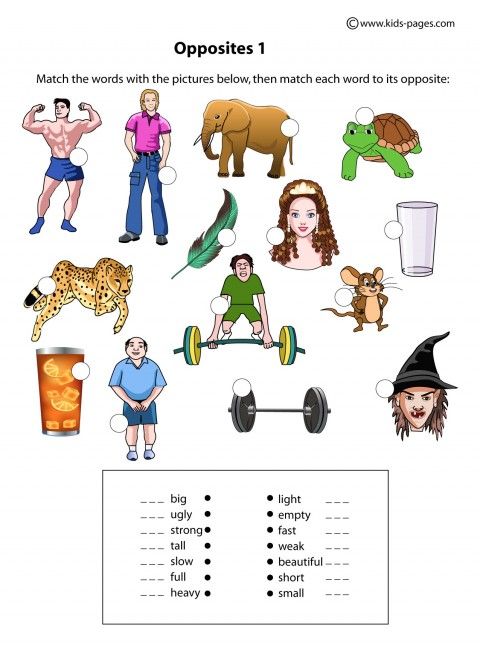 For example, your categories can include a person, tree, cat or dog, couch, ice cream, and music.
For example, your categories can include a person, tree, cat or dog, couch, ice cream, and music.
Once you have your categories, it’s time to roll your dice. The concept is simple — the number you roll will match a category, and you will need to come up with adjectives to describe that person, place, or thing.
For instance, if you roll a four and your fourth category is “couch,” you will need to come up with words to describe a couch (comfy, big, soft, etc.).
With younger children, you might come up with a single adjective, but as children’s vocabulary grows, you can make the game aim higher — up to six adjectives for each noun.
To make it more interesting for older kids, you can give them 30 seconds to come up with the adjectives. Each word earns them one point, and the adult would need to get twice as many points as the child to win the game.
3) Have Fun With Adjectives In Your Speech
Sometimes you don’t need to create complicated games to practice adjectives for kids.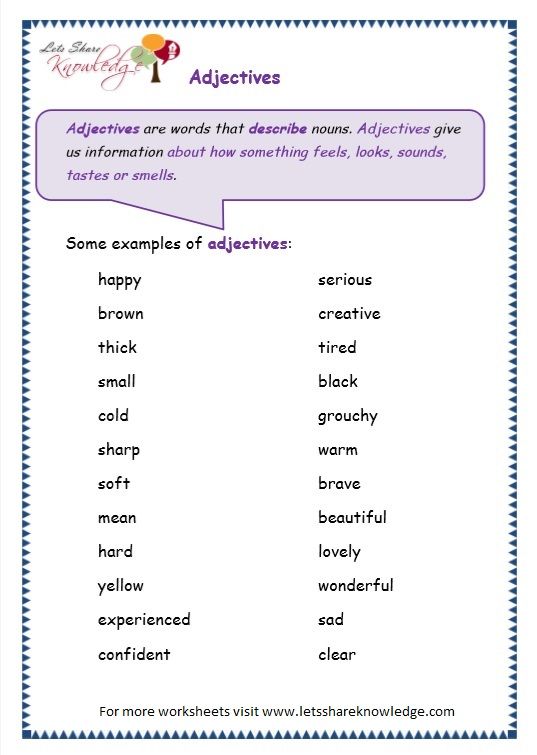 Since adjectives are a part of our everyday vocabulary, you can easily create moments throughout the day when you intentionally use descriptive words in conversation.
Since adjectives are a part of our everyday vocabulary, you can easily create moments throughout the day when you intentionally use descriptive words in conversation.
For example, instead of saying, “Have some strawberries,” you might say, “Have some juicy, bright-red strawberries.”
Or, instead of saying, “Cuddle in your blanket,” it’s more effective to say, “Cuddle in your soft, cozy, fluffy blanket.”
This simple activity can help your child significantly improve their vocabulary as well.
4) Play The Adjective Switch Game
Another fun way to help your child practice adjectives is by playing the adjective switch game.
For this activity, name an animal — a bear, for example — and then use an adjective to describe it. Your child would then act out the adjectives.
For example, you could say:
- Hungry bear
- Unhappy bear
- Angry bear
- Silly bear
- Sleepy bear
To make the game even more fun, you might go really fast from one adjective to the other as your child tries to keep up.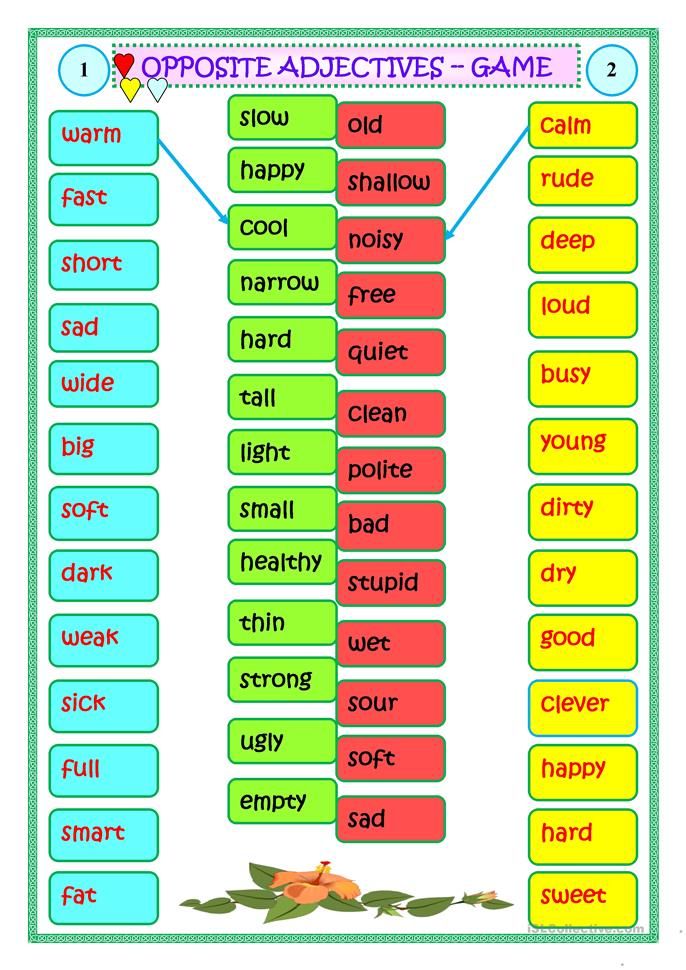
You can then turn the tables and let your child have a chance while you act out the adjectives they use to describe the bear.
List Of Adjectives For Kids
Now that you have a few fun activities to help your child continue practicing adjectives, you probably want to get started creating these right away.
But which adjectives can you include? Here’s a list of relevant describing words you can add to games. (Remember: Some of these may be challenging for younger children. Choose adjectives based on your child.)
Colors
- Bright
- Beaming
- Bold
- Dark
- Radiant
- Colorful
- Glistening
- Glowing
- Radiant
- Vibrant
Numbers
- One
- All
- Many
- Every
- First
- Second
- Third
- Double
- Few
- Each
Shapes
- Curvy
- Straight
- Circular
- Triangular
- Flat
- Hollow
- Deep
- Square
- Narrow
- Sizes
- Big
- Average
- Buff
- Tall
- Short
- Petite
- Skinny
- Slim
- Fit
- Broad
Emotions
- Angry
- Furious
- Upset
- Disappointed
- Content
- Joyful
- Frustrated
- Exhausted
- Cranky
- Jolly
Weather
- Sunny
- Cloudy
- Wet
- Dry
- Foggy
- Humid
- Windy
- Clear
- Breezy
- Rainy
Textures
- Smooth
- Rough
- Soft
- Furry
- Bumpy
- Coarse
- Dry
- Fleecy
- Hairy
- Mushy
Since there are so many adjectives in the English language, it’s essential to take your time introducing your child to them.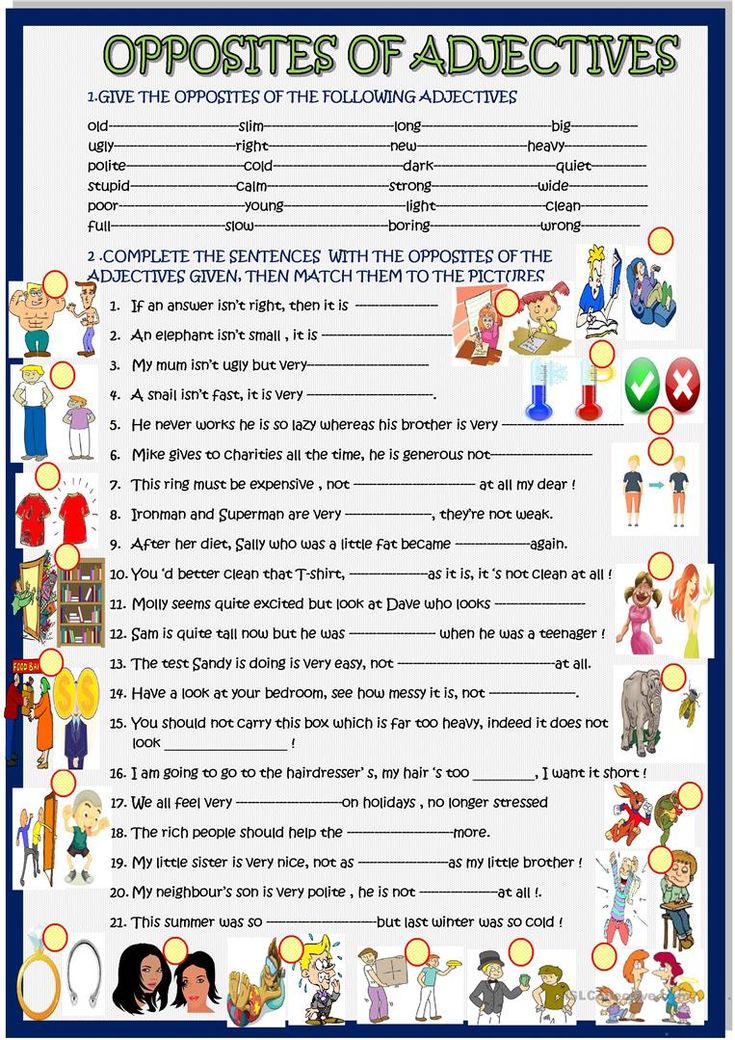
It’s also important to note that simply expanding your child’s vocabulary bank shouldn’t be the focal point. While it can be great to hear your child reciting the many words they’ve learned, a problem may arise when they know the words themselves but don’t understand their meanings.
Instead, as you introduce adjectives to your child, focus on helping them understand the words. An improvement in your child’s vocabulary will be a natural byproduct of that.
It’s Time To Describe!
Adjectives are words that help us describe people, places, or things. Without them, it would be difficult to distinguish between a red and green apple or a stormy and sunny day. This is why we’re passionate about adjectives for kids!
As much as we may use these describing words in our everyday language, it’s not always so simple to help our children understand them. But with the right plan, it’s definitely possible, and the above activities can help you introduce adjectives for kids in a fun and engaging way.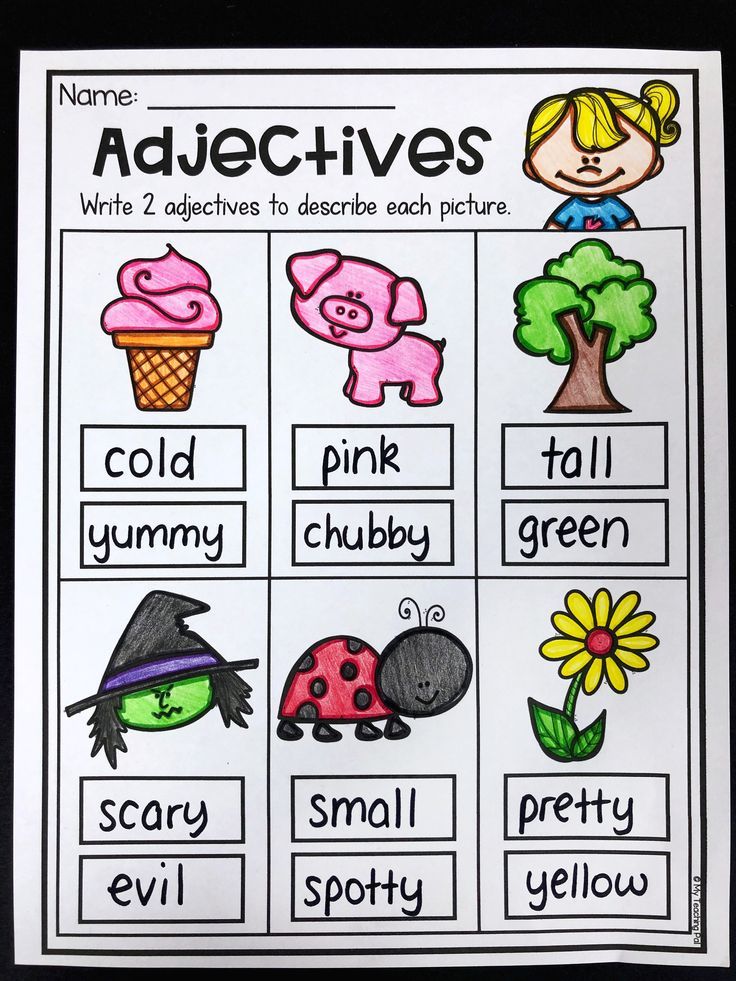
Whether you choose to act things out, be extra descriptive in your everyday language, create a fun word game, or all the above, remember to focus on helping your child understand the meaning behind the words.
Language development is a significant part of early childhood education. Check out the HOMER Learn & Grow app for more information on how to help your child thrive!
Author
Adjectives for Kids
by Craig Shrives
This Page Includes...
- Video
- Printable & Sendable Test
What Are Adjectives? (for Kids)
Adjectives are describing words. In these examples, the highlighted words are all adjectives:
- a tall man
- a smelly street
- a tasty apple
Adjectives help us to create vivid images about people, places, or things.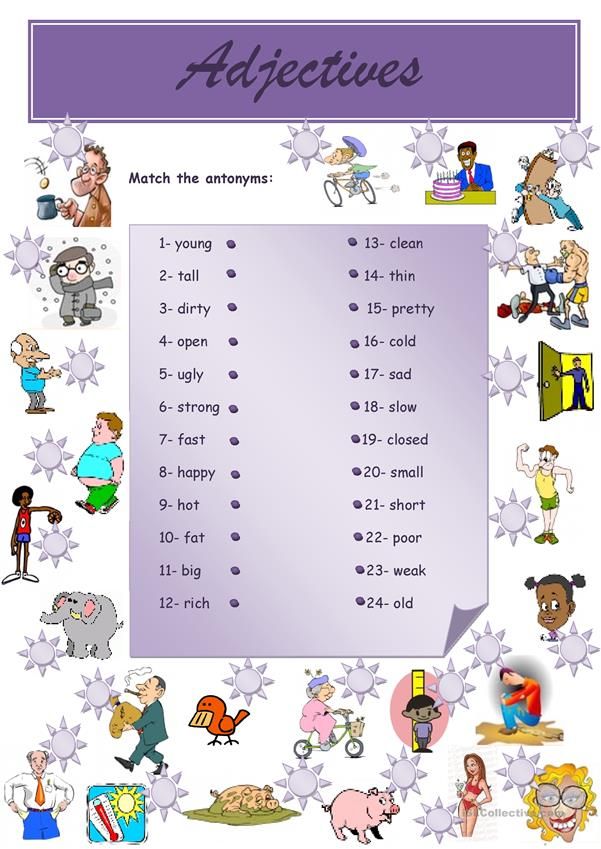 The words "man," "street," and "apple" are nouns. So, adjectives are words that describe nouns.
The words "man," "street," and "apple" are nouns. So, adjectives are words that describe nouns.
It's Your Go!
Select the adjective in each sentence:
Easy Examples of Adjectives
Here are some more examples of adjectives in sentences:
- Barney is a happy dog.
- She was an angry lady.
- It will be a cold night.
These adjectives describe the nouns "dog," "lady," and "night."
Using Stronger Adjectives
All the adjectives we've seen so far have provided simple descriptions. However, there are thousands of different adjectives, and many of them are quite sophisticated and give the writer exactly the right description. Here are some examples of stronger alternatives for the adjectives we've used so far:
| Simple Adjective | Stronger Adjectives |
|---|---|
| tall | towering, lanky |
| smelly | rancid, reeking, putrid, foul |
| tasty | delectable, scrumptious, delicious |
| happy | delighted, elated, joyful, merry |
| angry | bitter, annoyed, offended, enraged |
| cold | frigid, frosty, brisk, wintry |
To find the perfect adjective, writers often use a thesaurus to look for a strong alternative to a simple adjective that isn't quite right.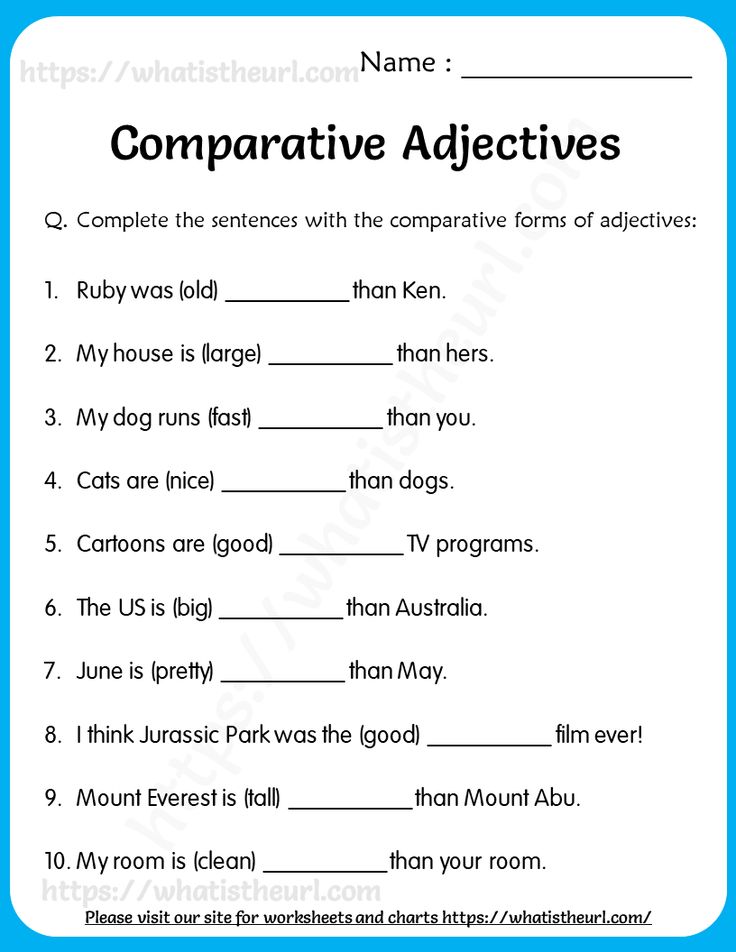 Let's try one:
Let's try one:
- You have a clean car. ("Clean" is a simple adjective. A good writer would say it is a weak adjective.)
Here are some stronger alternatives from a thesaurus:
- immaculate, spotless, unblemished, shiny, sparkling
Let's rewrite our sentence with a stronger adjective:
- You have a spotless car.
Top Tip
Writers who find adjectives that fit perfectly do not use intensifiers like "very" and "extremely."
- Bobby is a very hungry dog. (This is not wrong, but it is poor writing. The writer used "very" because "hungry" is a weak adjective. It is too simple.)
- Bobby is a ravenous dog. (This time, the word "very" is not needed because "ravenous" is a strong adjective. It is more sophisticated.
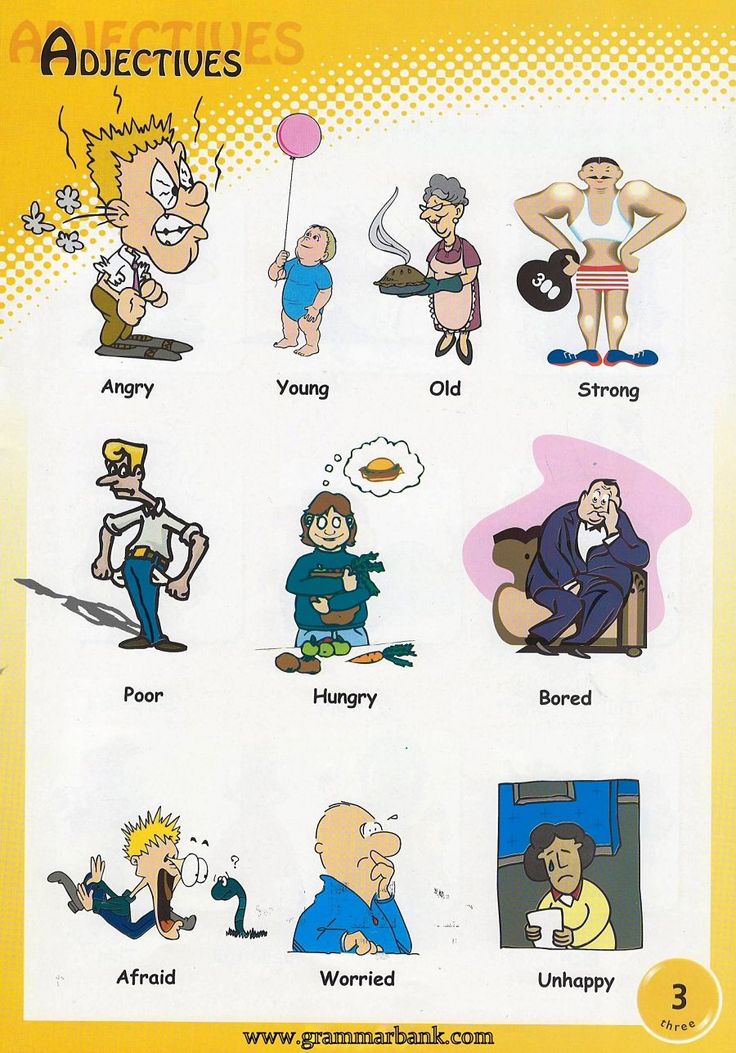 It is the exact word the writer wanted to express how hungry.)
It is the exact word the writer wanted to express how hungry.)
More about Adjectives
So far, all the adjectives we've seen have been positioned before nouns to describe them. However, as you learn to spot adjectives, you will soon notice that adjectives do not always go before nouns. Look at these examples:
- That girl is elegant. (This time, the adjective "elegant" describes the noun "girl" even though it appears afterwards.)
- Alan was foolish. (This time, the adjective "foolish" describes the noun "Alan" even though it appears afterwards.)
- The view from the mountain top will be stunning on Saturday. (This time, the adjective "stunning" describes the noun "view" even though it appears afterwards.)
Adjectives used like this are called predicate adjectives.
More about Predicate Adjectives
Predicate adjectives are used after linking verbs (e. g., "to be," "to seem," "to smell"). For example (linking verbs in bold):
g., "to be," "to seem," "to smell"). For example (linking verbs in bold):
- The path is unsafe.
- The sea seems calm.
- The soup smells delicious.
Of interest, some adjectives (e.g., "afraid," "asleep," "alive," and "unable") are always predicate adjectives. In other words, they are only used after linking verbs.
- Toby is afraid.
- The troll looks asleep.
Other Ways to Describe Things
Choosing strong adjectives is an essential part of writing well. However, there are other ways to describe things. Let's look at some examples:
- The children were hungry. ("Hungry" is a weak adjective.)
- The children were ravenous. ("Ravenous" is a stronger adjective.)
- The children descended on the sandwiches like locusts.
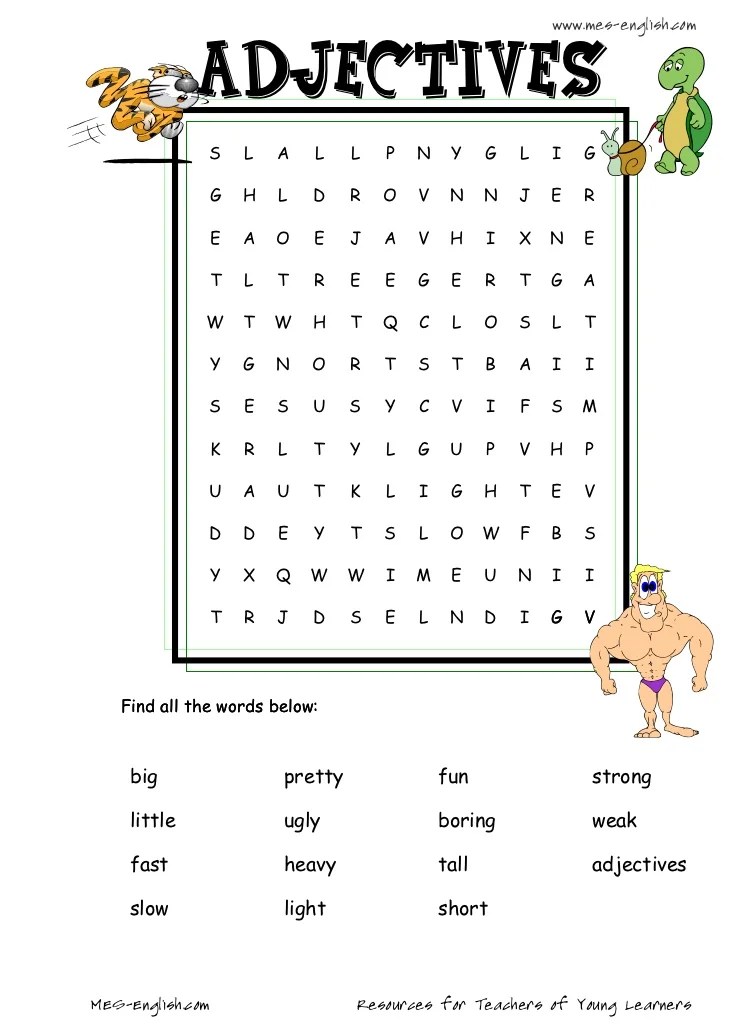 ("Descended on the sandwiches like locusts" is an example of a simile. It is a comparison used to provide a description.)
("Descended on the sandwiches like locusts" is an example of a simile. It is a comparison used to provide a description.)
- He had bad teeth. ("Bad" is a weak adjective.)
- He had rotten teeth. ("Rotten" is a stronger adjective.)
- He had teeth like smashed eagles' beaks. ("Like smashed eagles' beaks" is a simile.)
So, as well as looking for strong adjectives, you should also think about using comparisons like similes to provide vivid descriptions for your readers.
Video Lesson
Here is a video lesson giving more information about adjectives:
Printable Test
Help Us Improve Grammar Monster
- Do you disagree with something on this page?
- Did you spot a typo?
Find Us Quicker!
- When using a search engine (e.
 g., Google, Bing), you will find Grammar Monster quicker if you add #gm to your search term.
g., Google, Bing), you will find Grammar Monster quicker if you add #gm to your search term.
Next lesson >
See Also
adjectives for adult learnersa list of 2,000 adjectives to describe peoplea list of adjectives beginning with A, B, etc.Adverbs for kidsConjunctions for kidsNouns for kidsPrepositions for kidsPronouns for kidsInterjections for kidsVerbs for kids
Page URL
Technical Help
- Download the latest grammar-checker app.
Grammarly's app will help with:
(1) Avoiding spelling errors
(2) Correcting grammar errors
(3) Finding better words
(This free browser extension works with webmail, social media, and texting apps as well as online forms and Microsoft Office documents, like Word and Teams.)
Self Help
- Buy the grammar book that's right for you.
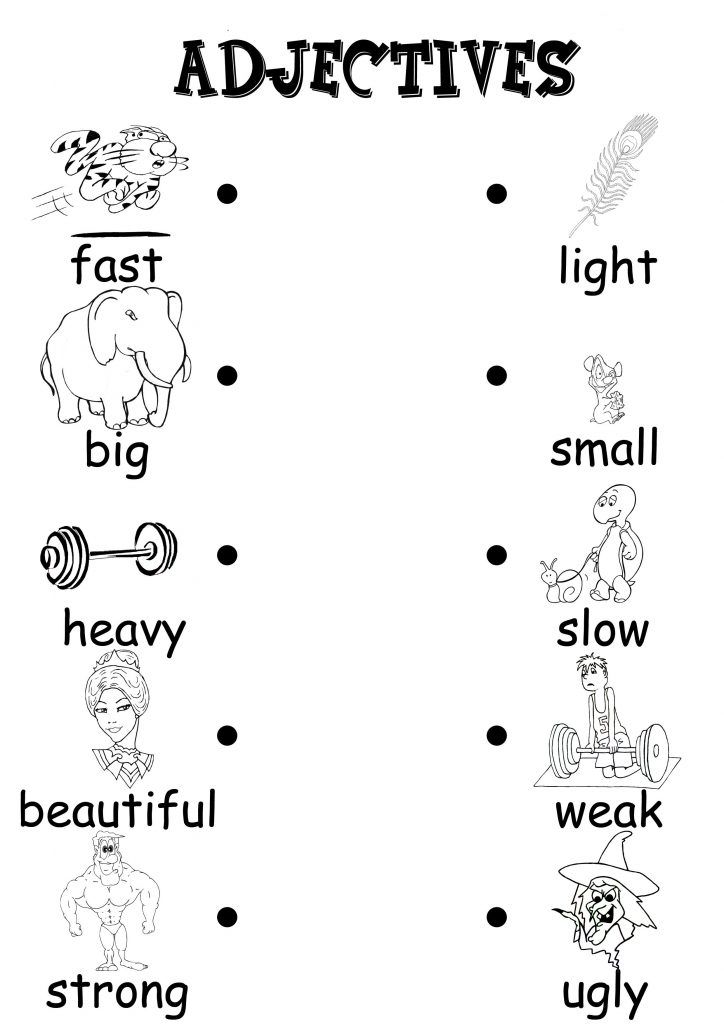
Hired Help
- Hire an online tutor from the British Council.
Games for Learning Adverbs
Here are some tests and games for learning about adjectives:
- Hangman with adjectives
- Find-the-adjectives test
- Adjectives game (bubble-pop game)
- Adverbs game (whack-a-word)
- Adverbs game (fish game)
Next lesson >
Adjectives characterizing a person from the good side
Heading: For every dayHere is the most complete list of adjectives that positively characterize a person. The list does not include obscene words and words that are professional terms used by a narrow circle of people for professional purposes (not in colloquial speech).
The list does not include such words as: “beautiful”, “blue-eyed”, “stately”, “slender” and the like. They describe appearance, but (although they are adjectives used to describe a person) they are not related to character and are unable to shed light on personality traits.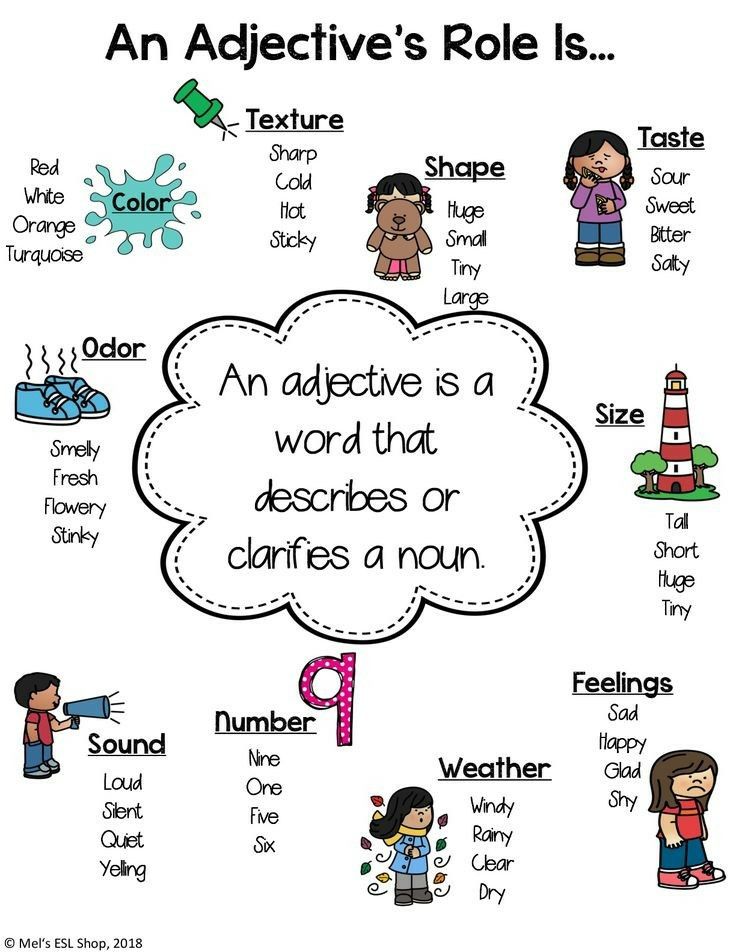
Please note: the list contains words that can be both an adjective and participle (depending on the context in which the word is used at any given time).
Also, remember that some words are neutral in color and characterize a person from the good side only depending on the context in which it is used. But in the same way, it can be used not as a characteristic of positive personality traits, but simply as a statement of fact (without a specific coloring).
If you need the most complete list of adjectives that characterize a person (both positively and negatively), you can find it at the link above.
A
- Adventurous (positively characterizes if used in a good way)
- Adequate
- Gambling (here in the meaning - a positively gambling person, for example - an athlete or passionate about study, work, i.e. - very enthusiastic)
- Active
- Neat
- Altruistic (altruistic)
- Ambitious (if positively ambitious, in a good sense, we are talking about healthy ambitions of an adequate person)
- Apolitical
- Ascetic without violating the rights of others)
- Artistic
- Aristocratic
B
- Alert
- Harmless
- Fearless
g
- Galant
- harmonious
- Brilline
- Heroic
- Thunder
- Deep (here is not empty, filled person)
- Talking
- Golovasty 9001
- Hot (if used positively)
- Hospitable
- Literate
- Humane
- Gutta-percha
D
- Forethly
- Darovite
- Delicate
- VELE
- Business
- Democratic
- Daring (sometimes insolence is required for the implementation of bold plans and this personality quality becomes positive)
- limy (cm above.
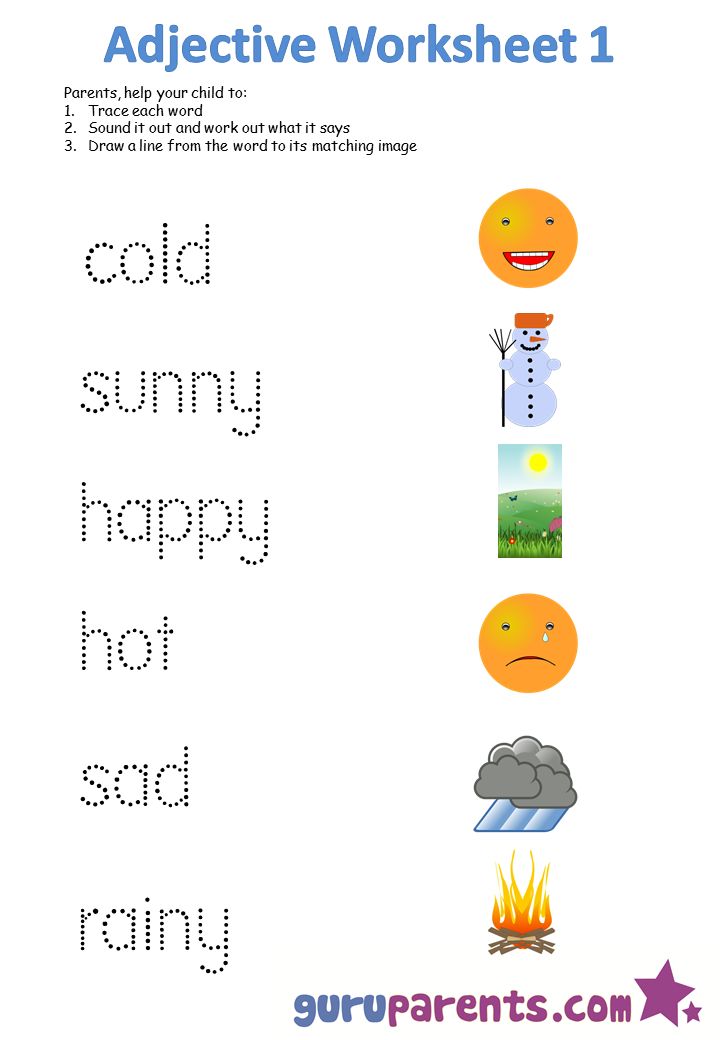 as daring)
as daring) - Active
- Diplomatic
- Disciplined
- Valiant
- Kind
- Kindest
- Companion
- Social
- Comfortable (for example: Comfortable in communication, in solving disputed issues, etc.)
- specific
- competitive
- Conservative
- Creative Creative Creative Creative Creative
- Painstaking
- Meek
- Cultural
L
- Laconic
- Gentle
- Light (here, not light by weight. For example: easy to communicate, easy to get on with, etc.)
- Lyrical (neutral characterizes, but in some cases is a positive property)
- Loyal
- Loving
- Affable
- Inquisitive
- Curious (for some situations, professions, this personality trait is positive)
- Loving
М
- Slow-speaking
- Insensitive (under certain circumstances, such a character trait can be positive)
- Mannery
- Skillful
- Seasoned (here in the meaning - very experienced, knowledgeable in something)
- Melancholic (neutrally characterizes In some cases, it is a positive characteristic.
 For example, when it is required to exclude people of choleric temperament from the candidates under consideration ... in this case, characterizing him as "melancholic" will do him good)
For example, when it is required to exclude people of choleric temperament from the candidates under consideration ... in this case, characterizing him as "melancholic" will do him good) - Powerful
- Fashion
- Moral
- Motivated
- Wise
- Wise
- Wisdom
- Musical
- Cweaty - Simple. Completely. Completely. description, sometimes - can serve as a negative feature)
- Thinking
- Soft (here in the meaning - soft in character, not to the touch)
- Soft -hearted
N
- Ertheated
- Reliable
- Nacked
- assertive
- Potter (in a good sense. assertiveness)
- Well-read
- Not indifferent
- Not indifferent
- Undemanding
- Unflappable
- NOT Military
- Infant (a useful property for ... for example - a surgeon and other specialists where a certain share of insensibility is required to fulfill their professional tasks)
- Nejadema
- Non -dry
- Negloor
- Non -Wire useful property for a man, for a woman - rather negative)
- Gentle
- Independent
- Disinterested (a useful feature when it is required to be disinterested in something in order to be objective)
- Principly
- Unfinous
- Large
- Extraordinary
- Non -sound
- Non -sound
- Non -melodious one, a produced and one -mights and in the same way.
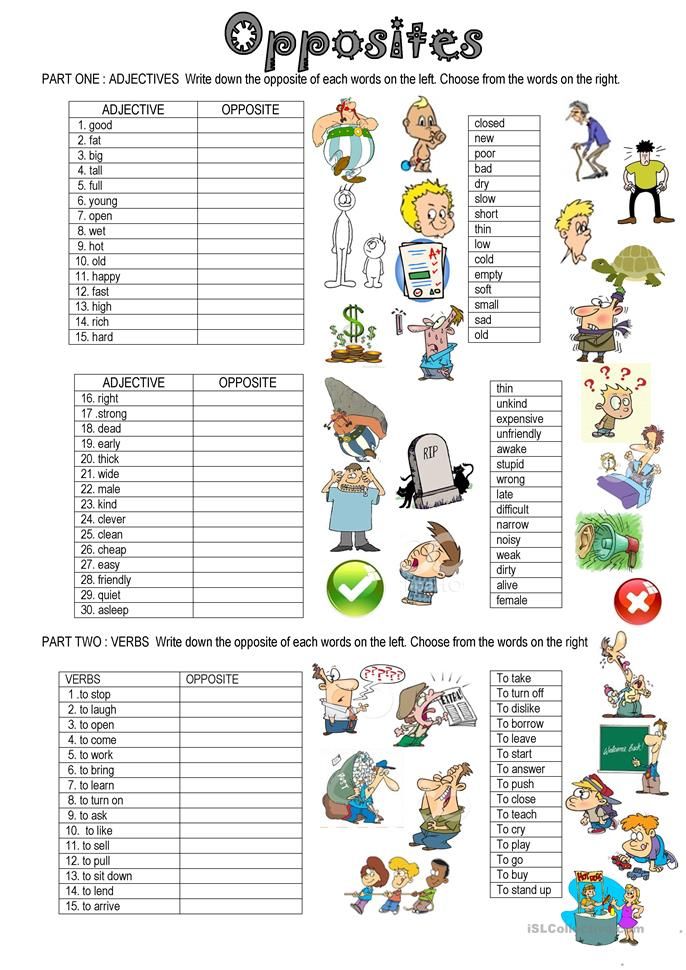 cockroaches")
cockroaches") - Innocent
- Uncorrupted
- Incorrigible
- Non-contentious
- Unselfish
- Unnecessary
- Unkind
- unemotional (it can positively characterize a person if the lack of emotionality, equanimity, excerpt, etc.)
- Normal
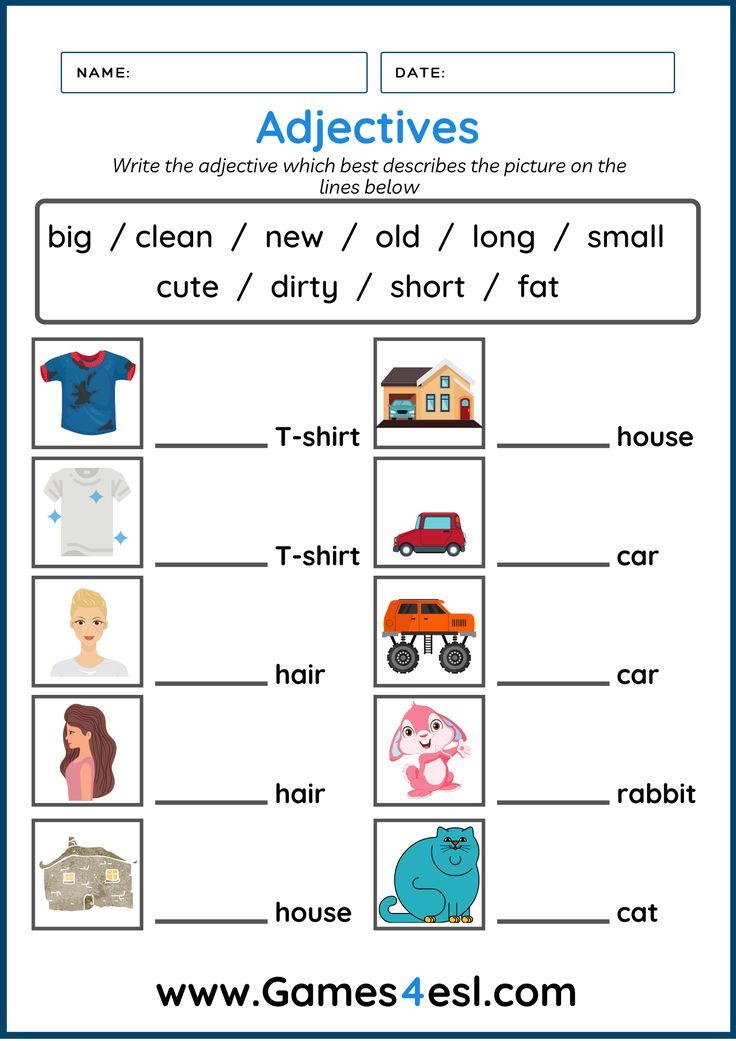 )
) С
- Original
- Self-sufficient
- Self-forgetful
- Strong (not necessarily physically strong, for example: a strong person, mentally strong, mentally strong, etc.) e.)
- Skeptical
- Modest
- Scrupulous
- Loquacious
- Complicated (for example, complexly organized, etc. this can be both a negative characteristic and a positive one.
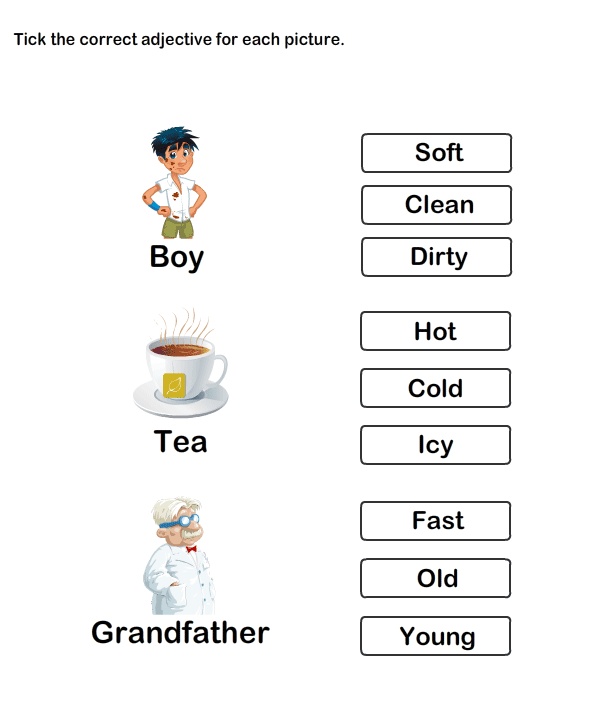 This word can be described from a good side only if attached to it positive coloring in the context)
This word can be described from a good side only if attached to it positive coloring in the context) - Stable (constant, durable, sensible, emotional-stabil, socially stable, etc.)
- Stepnoy
- Strongy
- Passionate
- Strong-resistant
- Happy Happy Happy
- Tactful
- Talented
- Solid (here it means a reliable, stubborn, courageous, inflexible person)
- Creative
- Lucky
- amazing
- Squeezing
- Smiling
- Skillful
- Moderate
- Pacified
- Smart
- Unique
- CAN TREED OF THE COMMUNITURED (WHOS CAN TREE OF THE CAN depends on the context and circumstances)
- Balanced
- Diligent
- Diligent
- Helpful
- Successful
- Blonding
- Sophisticated
- Frontier
- Scientist
- Calid
- Sustainable (for example: mentally, emotionally, professionally, etc.
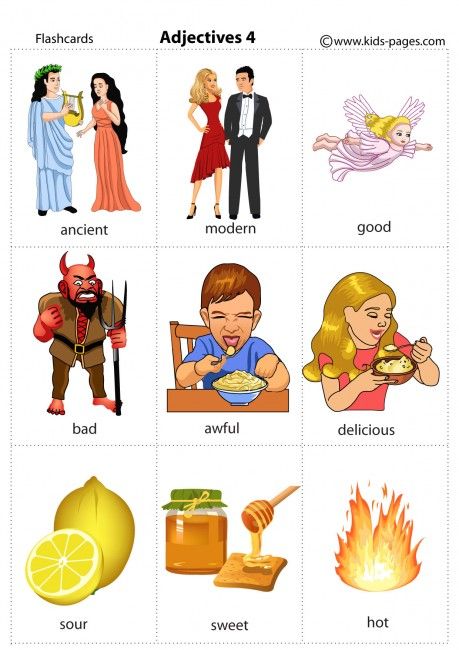 )
) - Fanatic (for example, fanatically brought to work, children, children, children etc.)
- Fantasizing
- Lucky (from the word "luck")
- Fatish (depending on the context - in some cases it serves as a positive, negative or neutral characteristic)
- Philosophical (for example: philosophically minded, philosophically reasoning, etc.)
- Phlegmatic (neutral characteristic, but phlegmatic can be considered a virtue when a person of exactly the phlegmatic type is required, and all other types are undesirable)
- Photogenic
- Fundamental (here in the meaning - strong, strong)
- Charismatic
- Cold-blooded
- Hospitable
- Economically competent (economically prepared)
- Expert
- Extravagant (sometimes this word can be positively characterized, sometimes - negatively. Depends on the context)
- Energetic
- Emotional
- Empathetic (capable of empathy)
- Extraordic
- Outrageous
- Elite
- Spectacular
- Humorous
- Homornaya
- Young
- Legally competent/illiterate
- Yurkiy
- Language
- Bright
- Yariy (On any inclinations , an ardent hater of fools)
- Furious (here, as above - a fierce fan of his profession, for example)
- Clairvoyant
- All of the above words can positively characterize both a man and a woman, a teenager and in many cases a child.
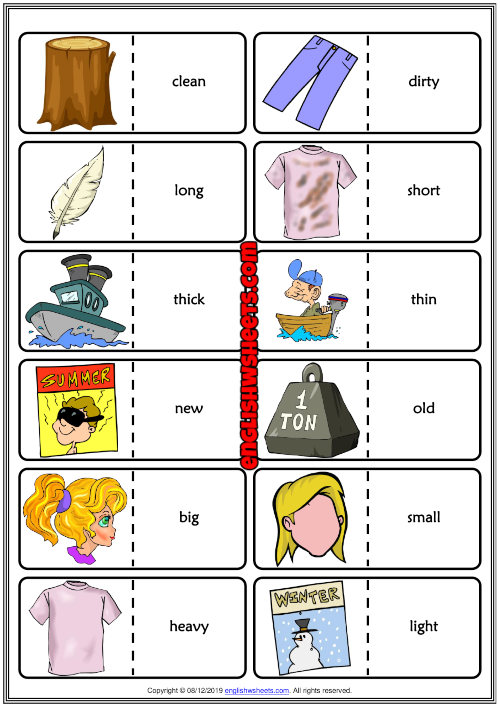 To do this, you need to change the ending of each word, changing the gender of the word from masculine to feminine.
To do this, you need to change the ending of each word, changing the gender of the word from masculine to feminine. - This list of words is useful when creating a profile, resume, self-presentation, cover letter (when looking for a job), essays and is applicable wherever it is required to describe a person (his character traits, behavioral characteristics, personality traits, etc.).
- The collection of words was collected manually by the author of the site. And the author has copyright. Use the list for personal non-commercial purposes and do not use it for reprinting and publication (in whole or in separate fragments) on any media (electronic, paper, etc.).
- 1 Adjectives describing a person's appearance
- 2 Adjectives describing a person's behavior
- 2.1 adjectives describing positive behavior
- 2.2 to characterize negative qualities
- 3 Vocabulary to describe character
- 3.
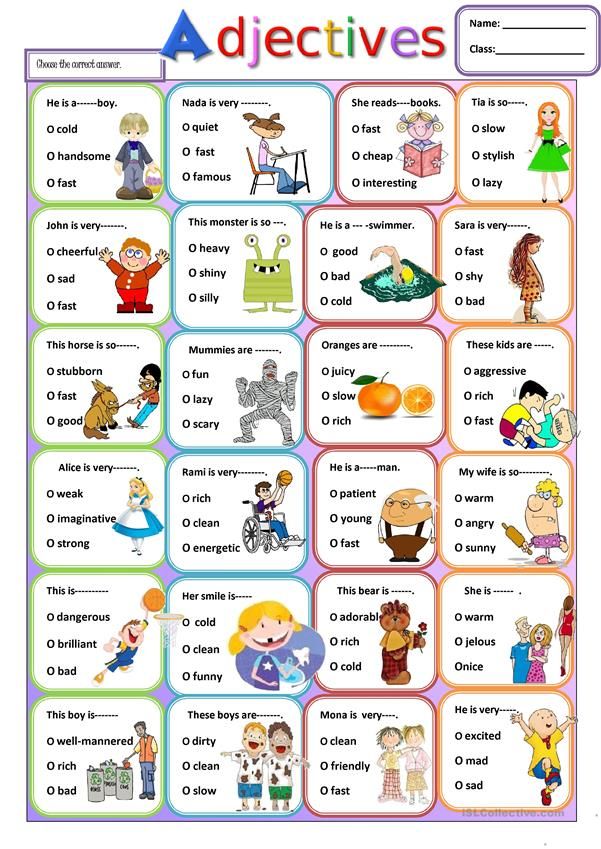 1
1 - 3.2 Adjectives for the negative characteristic
- 9000 3.3 Neutral adjectives
Adjectives to describe a person's appearance
When meeting someone, a person first of all subconsciously evaluates appearance and selects the appropriate words. For this, the following vocabulary is used:
- attractive, charming, stylish, elegant, handsome, imposing - to describe the image as a whole;
- tall, short, slender, thin, full, fat, well-fed, pumped up, thin - help to characterize the physique;
- young, adult, young, old, elderly - characteristics of age;
- long-haired, curly, wavy, bald, cropped, as well as the names of colors (red, black, dark chestnut) are popular adjectives for describing hairstyles;
- chubby, freckled, bony, big-eyed, big-mouthed, light-skinned, snub-nosed - these and other words allow you to describe the features of the face.
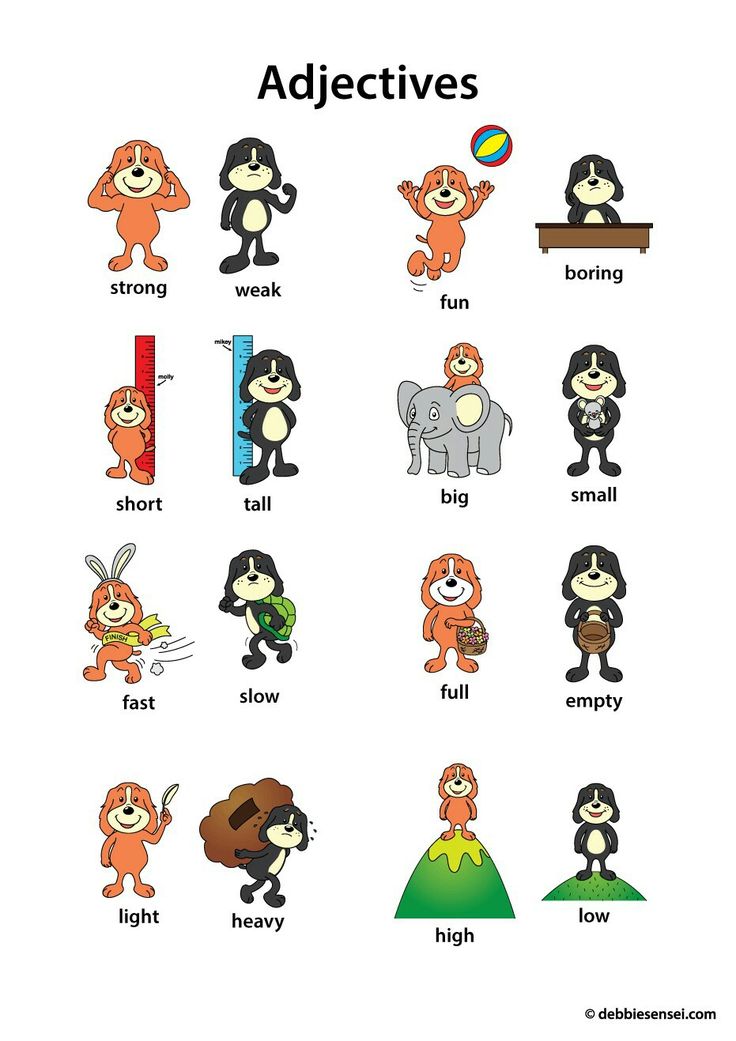
Adjectives describing human behavior
Even before direct communication with a person, you can draw some conclusions about him that do not require long contact or excellent psychological skills. This will require adjectives that will help characterize a person’s actions and tell about his personality and place in society.
Adjectives describing positive behavior
- authoritative;
- neat;
- active;
- aristocratic;
- carefree;
- frugal;
- true;
- cheerful;
- strong-willed;
- educated;
- gallant;
- delicate;
- cheerful;
- caring;
- incendiary;
- playful;
- resourceful;
- initiative;
- executive;
- flirtatious;
- sociable;
- eloquent;
- cultural;
- affectionate;
- dexterous;
- loyal;
- curious;
- merciful;
- peaceful;
- mobile;
- soft;
- direct;
- courteous;
- neat;
- insightful;
- punctual;
- frisky;
- bold;
- tolerant;
- industrious;
- balanced;
- economic;
- brave;
- human;
- honest;
- smart;
- generous;
- humorous.
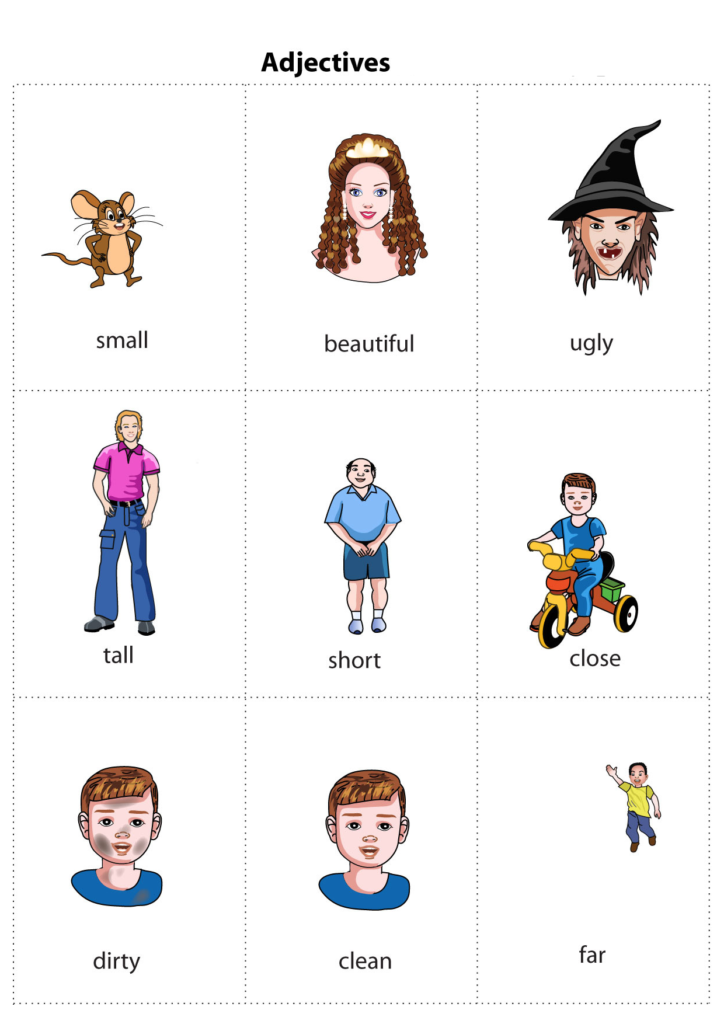
Adjectives to characterize negative qualities
- authoritarian;
- aggressive;
- spoiled;
- commonplace;
- irresponsible;
- tactless;
- shameless;
- windy;
- domineering;
- warlike;
- harmful;
- vulgar;
- coarse;
- formidable;
- despotic;
- cheeky;
- cruel;
- evil;
- vindictive;
- infantile;
- hysterical;
- capricious;
- puffy;
- conflict;
- lazy;
- crafty;
- manic;
- manipulative;
- slow;
- vindictive;
- unbalanced;
- boring;
- touchy;
- possessed;
- picky;
- sharp;
- weak-willed;
- demanding;
- cowardly;
- stubborn;
- familiar;
- boastful;
- swaggering;
- shebutny;
- is naughty.
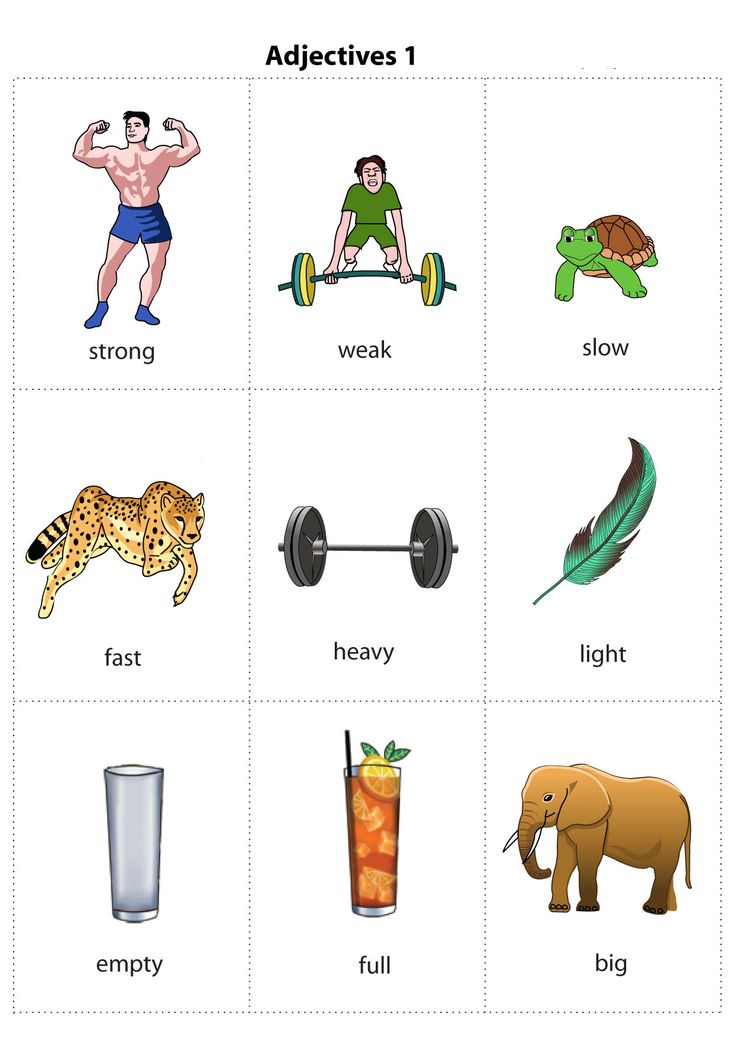
Character Vocabulary
There are many adjectives that can help describe a person's character. Here is a detailed list:
Description of the goodie
- adaptive;
- ambitious;
- vigilant;
- fearless,
- lively;
- inspired;
- thoughtful;
- generous;
- attentive;
- ingenious;
- flexible;
- wondrous;
- kind;
- quick-witted;
- soulful;
- natural;
- cheerful;
- funny;
- perky;
- ideological;
- imposing;
- sincere;
- competitive;
- constructive;
- sociable;
- is correct;
- inquisitive;
- loving;
- casual;
- soulful;
- optimistic;
- true;
- attractive;
- versatile;
- quick-witted;
- talented;
- creative;
- balanced;
- charismatic;
- clean;
- sensual;
- emotional;
- energetic;
- erudite;
- bright.
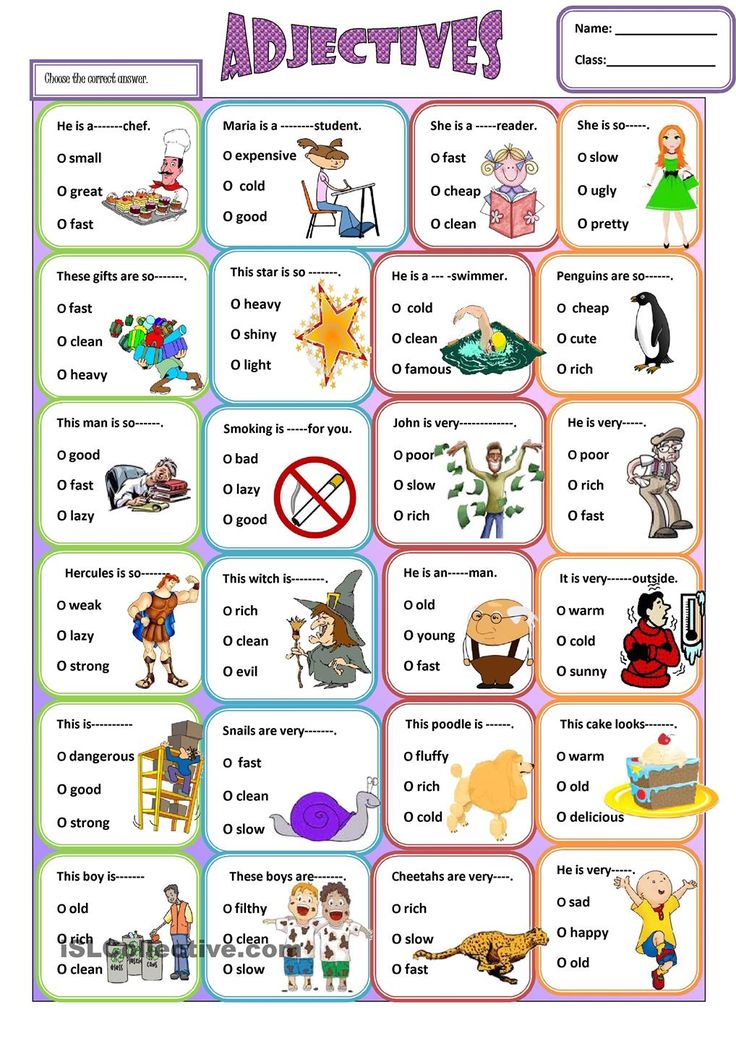
Learn more
- 3.
f
X
Yu
I
Note:
Similar items
Adjectives describing a person (list)
Contents

